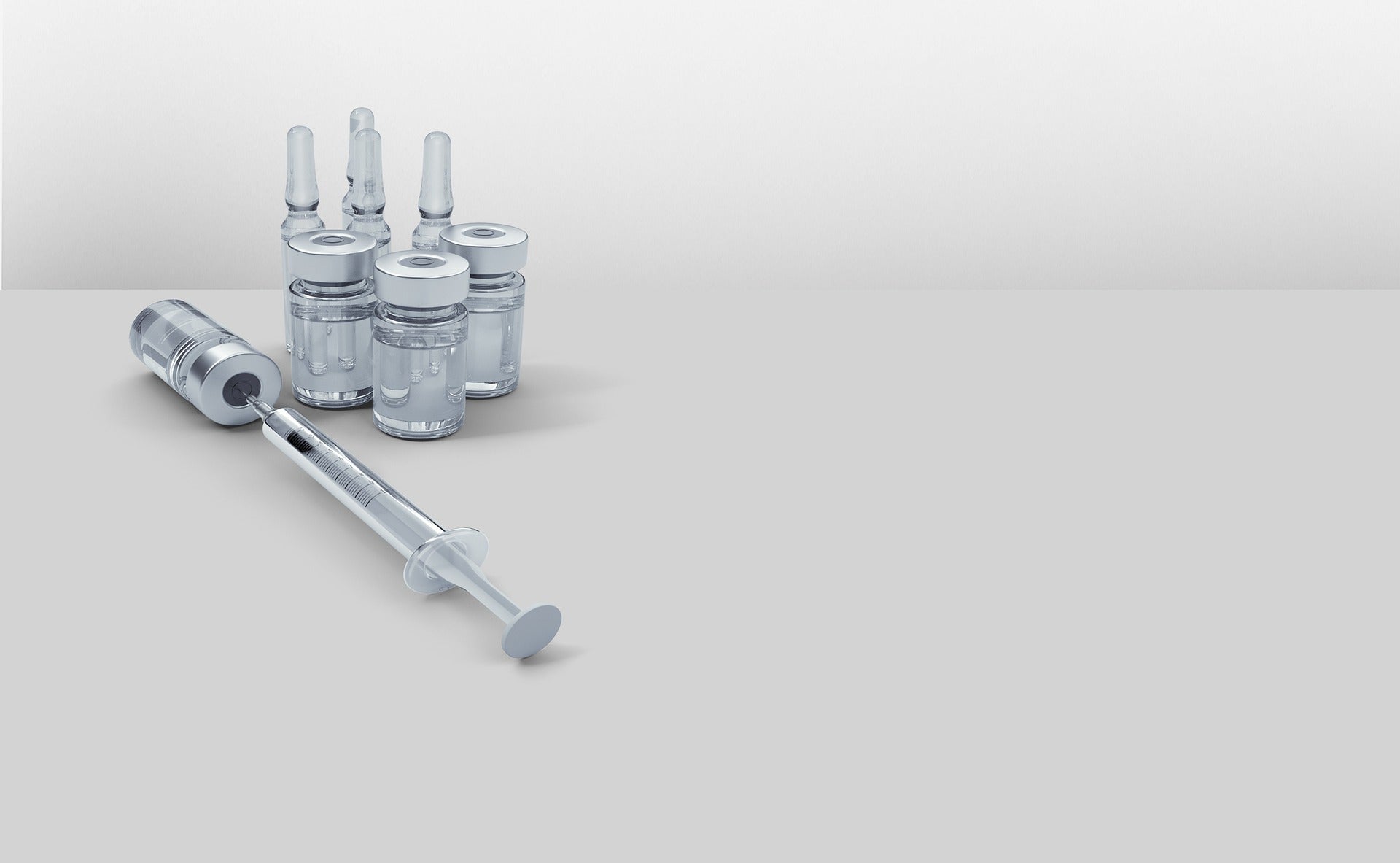
Takeda Pharmaceutical and Frazier Healthcare Partners have partnered to launch a biopharmaceutical company named HilleVax to develop and market Takeda’s norovirus vaccine candidate, HIL-214 (previously TAK-214).
A virus-like particle (VLP) based vaccine, HIL-214 was analysed in nine clinical trials with safety and immunogenicity data from more than 4,500 and 2,000 participants, respectively.

Discover B2B Marketing That Performs
Combine business intelligence and editorial excellence to reach engaged professionals across 36 leading media platforms.
In a randomised, placebo-controlled Phase IIb field efficacy trial in 4,712 adults, the HIL-214 vaccine was well-tolerated. It also showed clinical proof of concept (PoC) in preventing norovirus-caused moderate-to-severe acute gastroenteritis.
As per the collaboration, Takeda licenced the exclusive development and marketing rights for HIL-214 to HilleVax globally, excluding Japan. Takeda will in turn get upfront payments and potential milestone payments, as well as royalties on net sales of the product.
In Japan, Takeda will have marketing rights while HilleVax will incorporate some Japanese development activities into its worldwide development.
Takeda Pharmaceutical Global Vaccine Business Unit president Rajeev Venkayya said: “Takeda and Frazier have a history of successfully partnering together and we are confident in HilleVax’s capabilities to progress HIL-214, the most advanced norovirus vaccine candidate in development with the potential to address the huge global burden of norovirus-associated acute gastroenteritis.

US Tariffs are shifting - will you react or anticipate?
Don’t let policy changes catch you off guard. Stay proactive with real-time data and expert analysis.
By GlobalData“This will allow Takeda to focus its efforts and resources on our dengue vaccine, which we have begun filing for licensure around the world, our pandemic programmes, and our partnership with the US Government to develop a Zika vaccine.”
A common intestinal infection, Norovirus is characterised by diarrhoea, vomiting, abdominal cramps and nausea among others.
At present, no vaccines are approved for the infection while HIL-214 is the most advanced vaccine candidate in trials for this indication, Takeda noted.
In May 2019, Takeda and Frazier Healthcare partnered to launch a biopharmaceutical company named Phathom Pharmaceuticals.
Meanwhile, Takeda and PeptiDream extended their research partnership and exclusive licence agreement to develop peptide-drug conjugates (PDCs) for various central nervous system (CNS) targets, which play key roles in chronic neurodegenerative disorders.
This deal utilises the transferrin receptor 1 (TfR1) binding peptide ligands for CNS targets linked to neurodegeneration, aiding Takeda to merge the peptides with treatment cargoes designed to cross the blood-brain barrier (BBB).
As per this collaboration, Takeda will pay up to nearly $3.5bn (JPY390.3bn) to PeptiDream as upfront and potential payments for meeting preclinical, development, launch and sales milestones.



